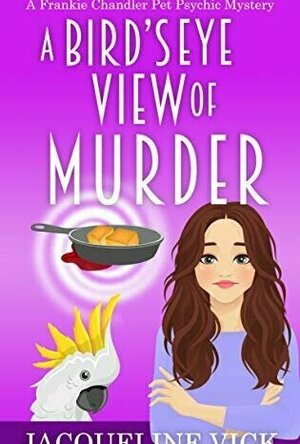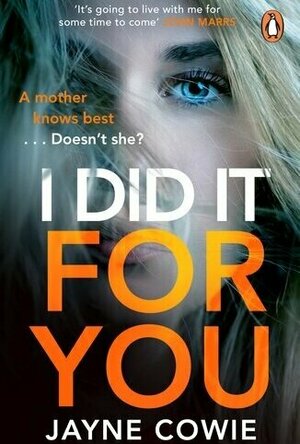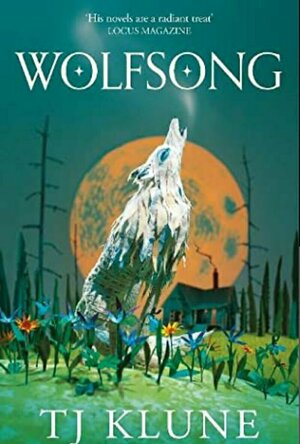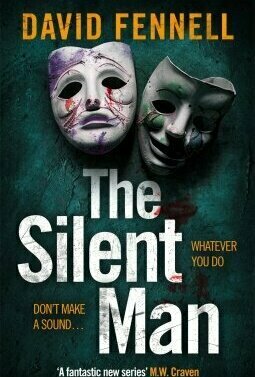Mark @ Carstairs Considers (2492 KP) rated A Bird’s Eye View of Murder in Books
Mar 19, 2022
Yes, this book falls into the paranormal cozy subgenre, which I tend to avoid. I appreciated how Frankie wrestles with her gift and what it means since those are the same things I struggle with myself. And it’s a minor part of the book anyway. In fact, this is more comedic, at least to me. I enjoyed laughing at the antics of the characters as the book progressed. The story started a bit slowly, but it grew stronger as it went along, and I was surprised by the ending. Do keep in mind that there is some violence to animals, but they are treated no worse than the human characters in the story. I really enjoyed the characters. I’m hoping I can get to the next in the series soon.
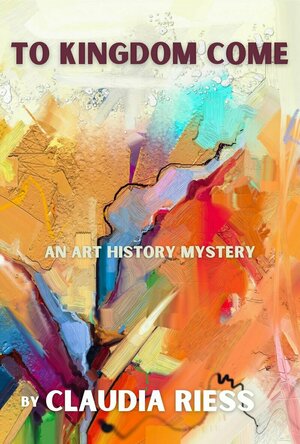
To Kingdom Come (Art History Mystery #4) by Claudia Riess
Book
Amateur sleuths, Erika Shawn-Wheatley, art magazine editor, and Harrison Wheatley, art history...
Mystery
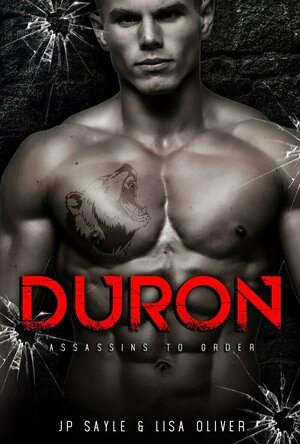
Duron (Assassin's To Order #3)
JP Sayle and Lisa Oliver
Book
Two men from different worlds, brought together. One seeks answers to a century-old problem. The...
MM Paranormal Romance
Hazel (2934 KP) rated I Did It For You in Books
Aug 26, 2023
I Did If For You is a gritty look at a world that has found a way to predict aggression and violence in men. A negative test means the best schools, the best jobs ... the best of everything but a positive test means the complete opposite, and if you refuse, it's as if the result was positive ... what would you do? Could you condemn your son to a life of barriers and hardship for a crime he hasn't committed or would you risk it to get the best that life can offer?
This is the dilemma facing two sisters, Antonia and Bea; they each make a choice which has far reaching and devastating consequences for them, their families and for those around them.
With a very different and intriguing plot, great characters and written at a good pace, this is a really good, thought-provoking read and although I guessed some of the twists, it didn't detract from my overall enjoyment of this book.
Thank you to the author, Random House UK, Cornerstone and NetGalley for enabling me to read and share my thoughts of I Did It For You.
Hazel (2934 KP) rated The Silent Man in Books
Aug 27, 2023
From the very first page, I was hooked and couldn't read it fast enough. The characters are excellent and I loved the easy and natural relationship between Archer and Quinn. The story is told from various points of view which give a rounded view of the two main plots and whilst this can sometimes cause confusion, not so here.
Written at a fast pace with plenty of twists, turns and scenes of violence and peril, The Silent Man is a book that I can highly recommend to those of you who love a gritty and dark story with a serial killer who uses a unique way to both identify and despatch his victims.
I will definitely be looking out for more by David Fennell in the future and thanks must go to him, Bonnier Books, Zaffre and NetGalley for enabling me to read and share my thoughts of The Silent Man.
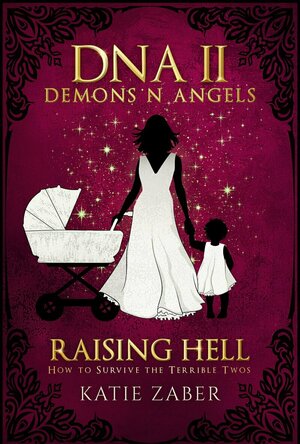
Raising Hell: How To Survive The Terrible Twos
Book
The voices tell me to wake up, but with two children under three, I’m awake. Believe me. There’s...
Paranormal Women's Fiction
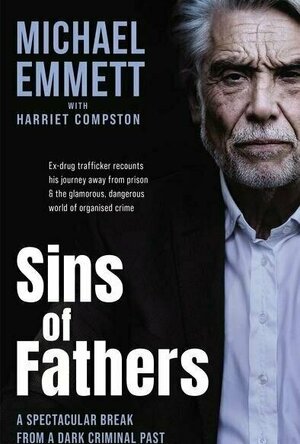
Sins of Fathers
Book
Like many little boys, Michael Emmett idolised his father. Growing up, he knew he wanted to follow...
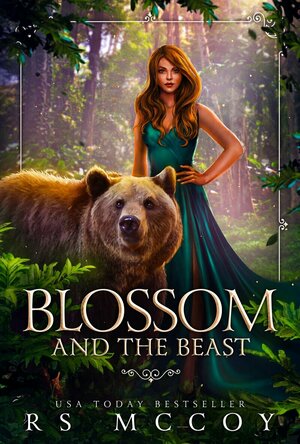
Blossom and the Beast (The Alder Tales #1)
Book
Blossom Frane is only weeks away from her transformation. On her eighteenth birthday, she’ll find...
Paranormal Romance Fairy tale Retelling
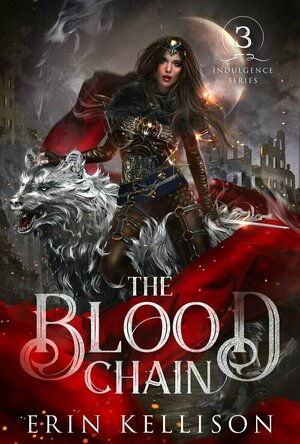
The Blood Chain (Indulgence #3)
Book
Erin Kellison's Indulgence World is on fire with heart-stopping romance, perilous adventure, and...
Fantasy Romance
